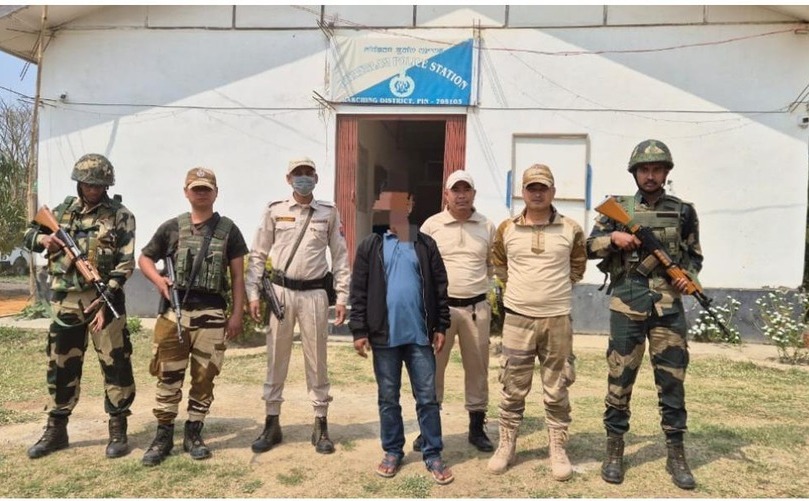
Guwahati, April 6: With Panchayat elections in Assam scheduled for May 2 and 7, the Bharatiya Janata Party (BJP), Assam Pradesh, has launched an open and inclusive initiative to develop its election manifesto by directly engaging with the public. The move signals a shift toward democratic decentralisation and people-powered policymaking at the grassroots level.

At the core of this effort was a high-level meeting of the BJP’s Sankalp (Manifesto) Committee, held on April 5 at the party’s state headquarters — Atal Bihari Vajpayee Bhawan, Basistha, Guwahati. The session was led by BJP state president and MP Dilip Saikia and attended by key figures including Panchayat and Rural Development Minister Ranjeet Kumar Dass and MP Rameswar Teli, among other senior leaders.

The meeting focused on identifying policy priorities and rural development goals in line with local needs. A major outcome of the discussion was the party’s decision to open up the manifesto drafting process to the people of Assam. The BJP is actively seeking suggestions, feedback, and policy ideas from citizens, which will be reviewed for inclusion in the party’s final manifesto for the Panchayat polls.

In a public appeal, Dilip Saikia urged residents from across the state — especially from rural and semi-urban areas — to contribute their insights. “This is a manifesto for the people, and it must be shaped by the people. We want every voice to count in the process of local self-governance,” Saikia said.
Suggestions can be submitted until April 10 through: email: panchayatsankalpapatra@gmail.com, WhatsApp: +91-91016-64593 and postal address: BJP Assam State Headquarters, Atal Bihari Vajpayee Bhawan, Basistha, Guwahati – 781029.
The party has framed this initiative as part of its broader commitment to inclusive governance and participatory democracy, particularly through the Panchayati Raj system. By gathering inputs from the ground, the BJP aims to ensure its manifesto reflects real concerns and actionable ideas that matter most to local communities.
A statement from the party’s headquarters emphasized that this approach is designed to bring value addition to the rural development agenda — not just through top-down planning but through genuine public engagement. The manifesto is expected to prioritise infrastructure, employment, empowerment of local bodies, and sustainable rural development.





